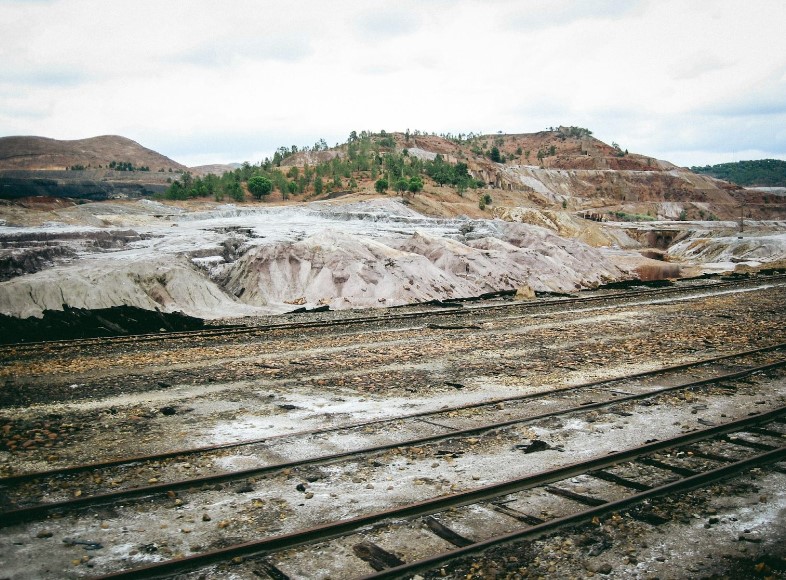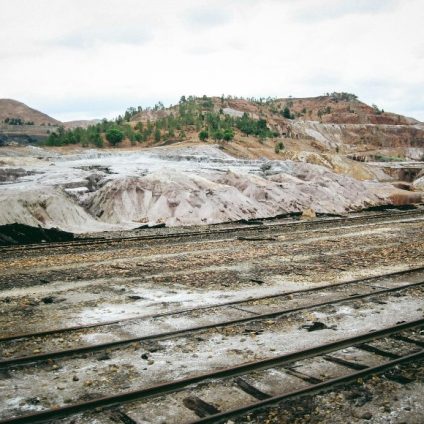While Fiat launches a plant for the electric Panda in Serbia, the European lithium production mine is contested by the public

The multinational Rio Tinto should exploit the cave and contribute to European lithium production
For one day, earlier this week, Serbia was a hot spot of events that could determine the future of European lithium production. Thousands of Serbs have demonstrated in various cities across the country to express their disagreement over the reopening of a lithium mine closed two years ago following mass protests. On the same day, in Kragujevac, Fiat opened an experimental production line for the Grand Panda electric, which would want to extract lithium from that mine for its batteries. The adventure of the former Italian flag car company does not begin with the right foot. The Panda was to be the first electric car to be mass-produced in Serbia, starting in October.
Fiat, now run by Stellantis, wanted to take advantage of the breakdown of the lithium agreement reached in July between the European Union and Serbia. The pact aims to reduce Europe’s dependency on China and bring Serbia closer to Brussels. However, the agreement has sparked criticism from environmentalists and opposition groups. Opponents are concerned about potential environmental damage and limited benefits for citizens. Serbia has about 1.2 million tons of lithium reserves, and the government uses the leverage of raw materials to negotiate its relations with the EU.
The contested mine is near Loznica and involves the Anglo-Australian multinational Rio Tinto. The protests began in 2021 and exploded again at the beginning of the week. Local experts participated in the mobilizations, warning of the pollution the mine could cause.
Activists have criticised the occupation of rivers and forests for the interests of a few and to the detriment of the population. The reopening of the mine was facilitated by the agreement between the European Union and Serbia, but two years ago, the work was suspended by a constitutional court ruling. The court that, just at the beginning of July, returned to its steps and annulled the judgment with strange timing. With reasons of method, the judges have reopened the way to exploit the cava for European lithium production.












